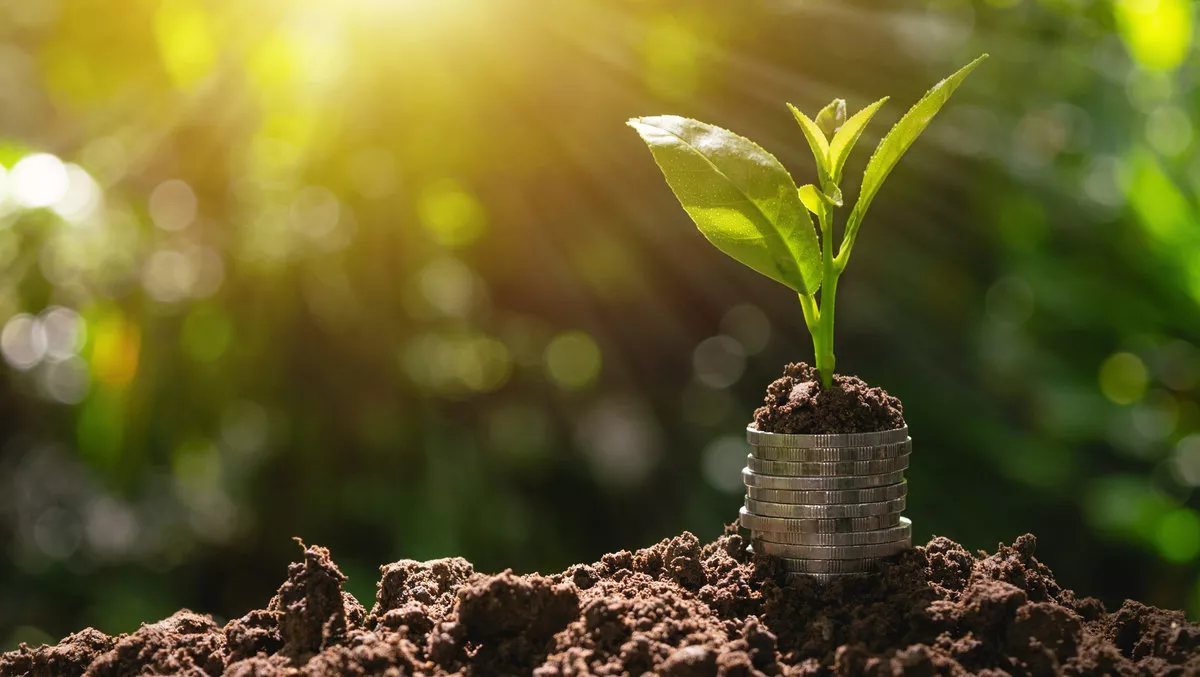
'Wealth economy' key to measuring economic growth – University of Cambridge
Current economic indicators such as the GDP are inadequate for effective economic policymaking, a new study from the Bennett Institute for Public Policy at the University of Cambridge claims.
In the age of serious threats from climate change, social tension and increasing levels of equality, economic measurement should be measured on what the Institute calls the 'wealth economy', rather than gross domestic product (GDP).
The report, led by Professor Diane Coyle, explains that the wealth economy is determined by access to a range of economic assets people need to fulfil their economic potential and the long-term capacity of the economy to deliver sustainable growth and improving living standards.
"Twenty-first century progress cannot be measured with twentieth century statistics," comments Professor Coyle.
"We chose to focus on the wealth economy as a guide to whether or not there is any increase in prosperity because it measures the long-term capacity of an economy to deliver sustained growth and improved living standards. Without measuring changes in these assets there is little prospect of delivering sustainability, in terms of the economy and society as well as the natural environment."
The study explains that by using the wealth economy as a framework, there is a forward-looking element that enables better indicators of economic sustainability, as well as societal and environmental sustainability.
This ambitious framework requires measurement of access to six types of economic assets that add up to what is known as comprehensive wealth of a nation. The assets include:
- Physical assets and produced capital, including access to infrastructure and to new technologies
- Net financial capital
- Natural capital, the resources and services provided by nature
- Intangible assets such as intellectual property and data
- Human capital, the accumulated skills and the physical and mental health of individuals
- Social and institutional capital.
The Cambridge researchers suggest that natural capital and social capital are the first steps to building a comprehensive framework.
Natural capital, which provides the building blocks of all the other forms of capital, is generally in decline, say the researchers. This poses grave risks for wellbeing. GDP growth derived from depleting natural capital, which includes water, air, soil, minerals and renewable capital such as forests or marine ecosystems which are prone to collapse, deprives future generations of wellbeing, which is why it is important to measure natural capital.
"Carbon emissions degrade natural capital. This new wealth economy approach forces us to think about adjusting national balance sheets according to the impacts of climate change, alongside contributions to it. Preliminary results indicate that constructing accounts from multiple perspectives each attributing emissions to a different point on the global supply chain is the only way to have a comprehensive understanding of the carbon footprints of nations," comments research leader Mathew Agarwala.
Social capital is often referred to as the glue that holds societies together, the researchers say.
It encompasses personal relationships, civic engagements and social networks. Without it there can be little or no economic growth. The report argues that trust in fellow citizens and institutions as well as the quality of governance are the result and the cause of productivity growth and higher reported wellbeing.
"As a fundamental element of social capital, the formation of trust relies on cumulative experiences of trustworthy interactions with other people or organisations or broader social settings such as shared ethical views, cultural norms and rules.
"Statistics are the lens through which we observe the economy: policymakers, businesses and individuals change their behaviour in response to the picture they see through that lens," says Wealth Economy project leader Dimitri Zenghelis.
"Our statistical tools need to be fit for capturing value in an uncertain and rapidly changing world where decisions today will lock in our ability to prosper in the future.


